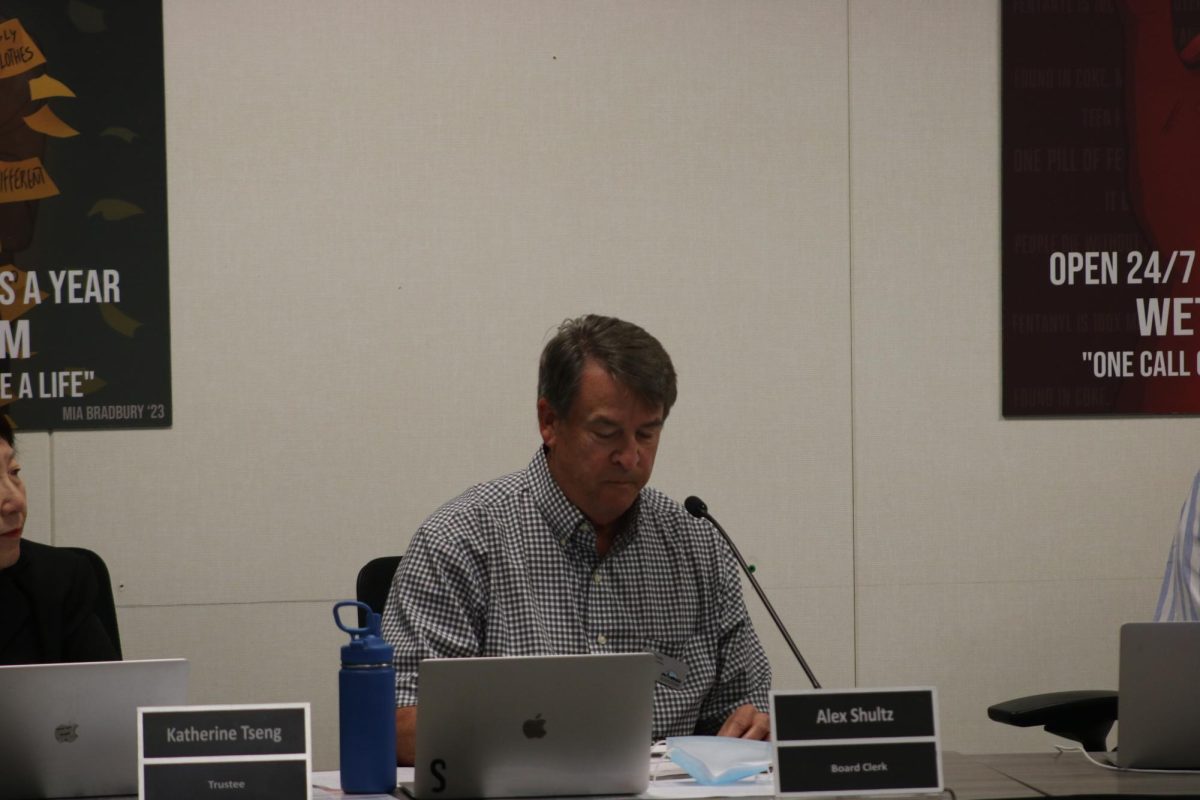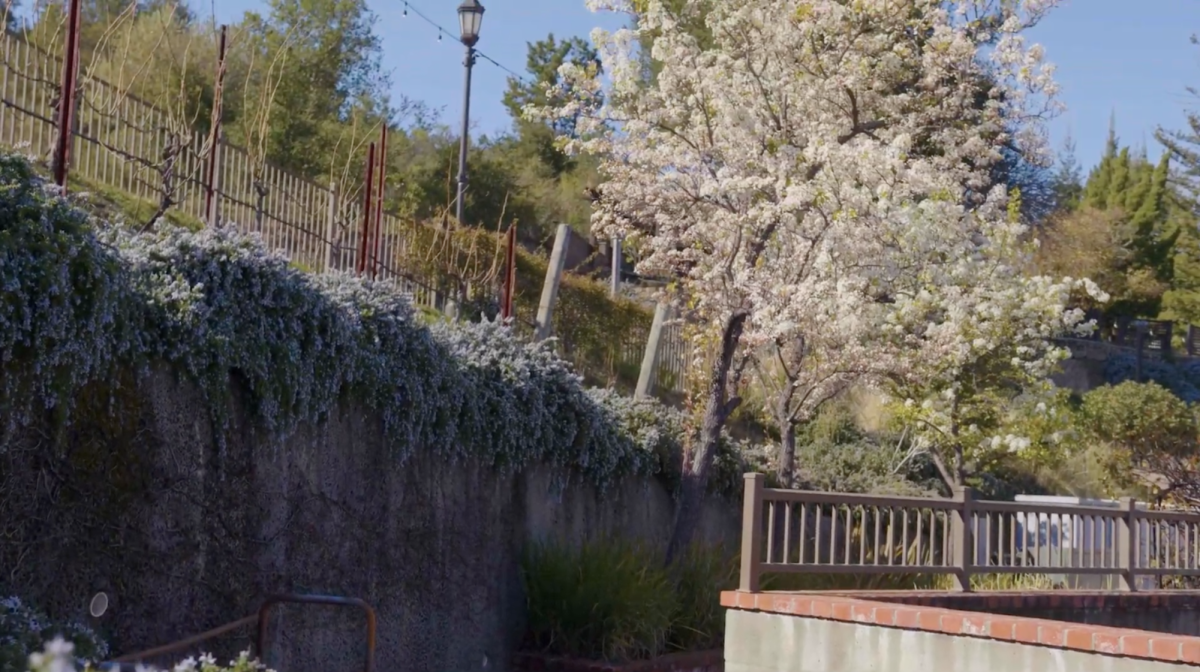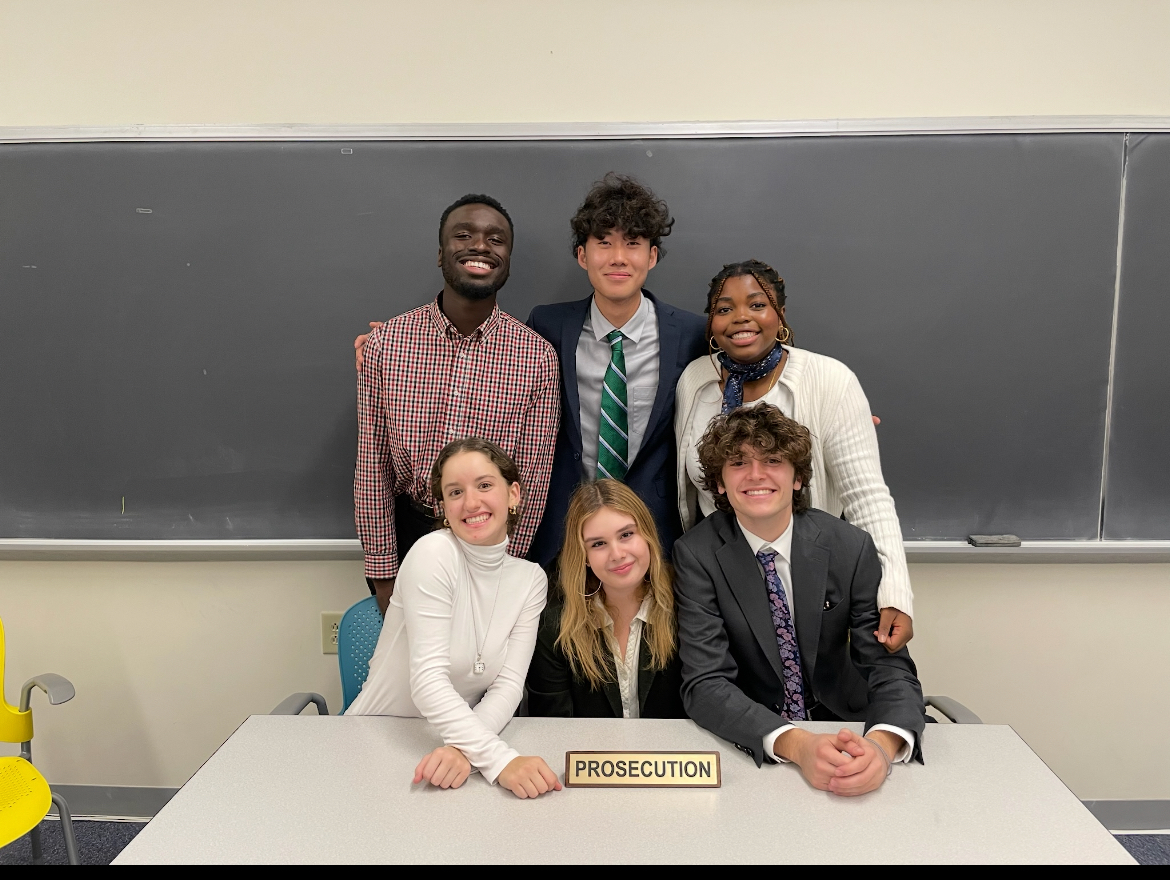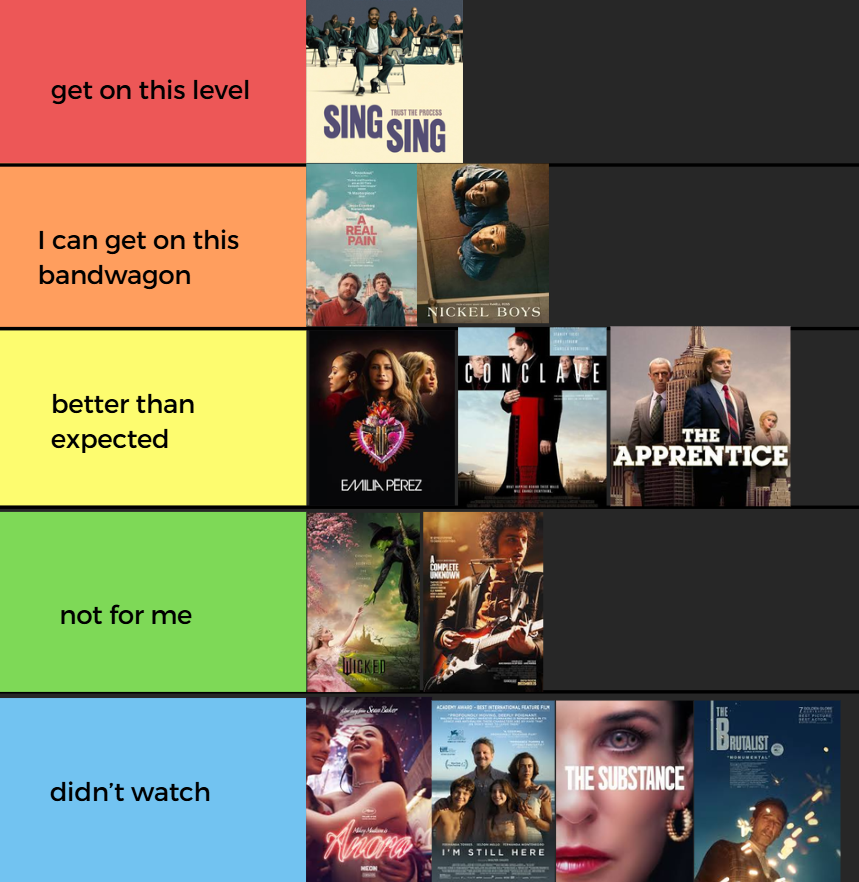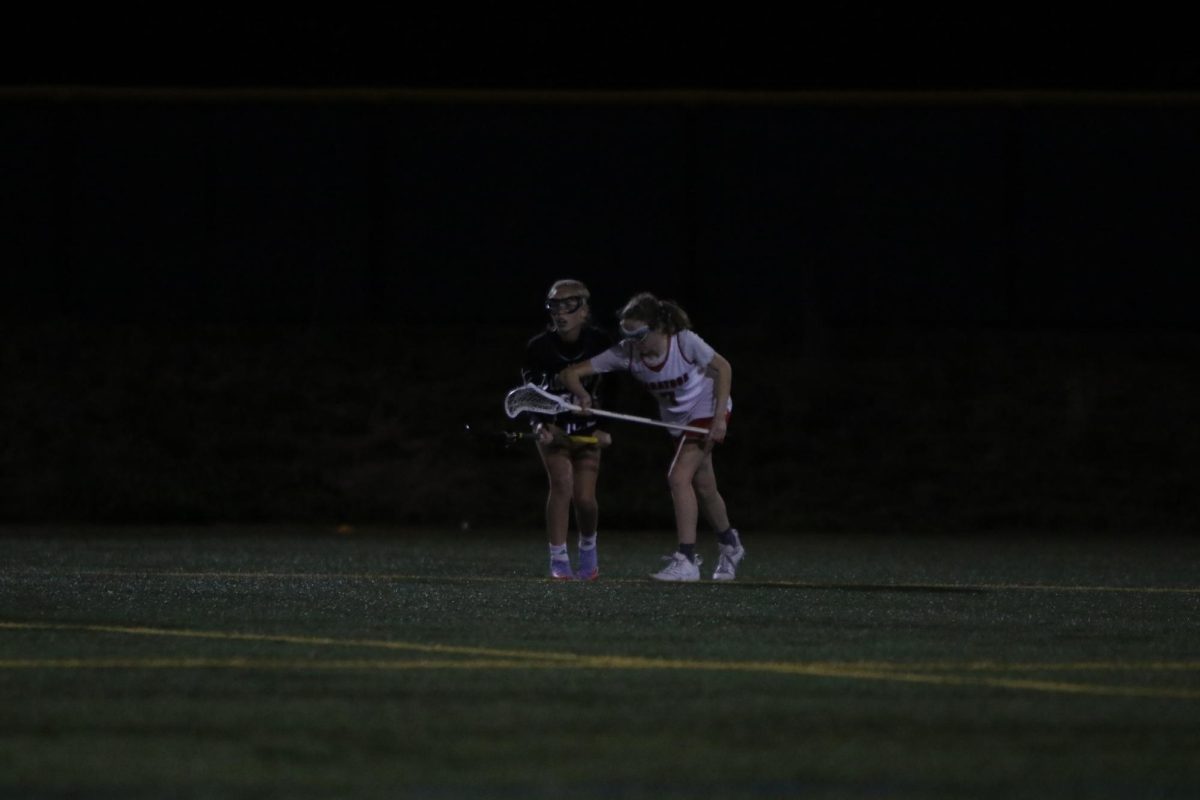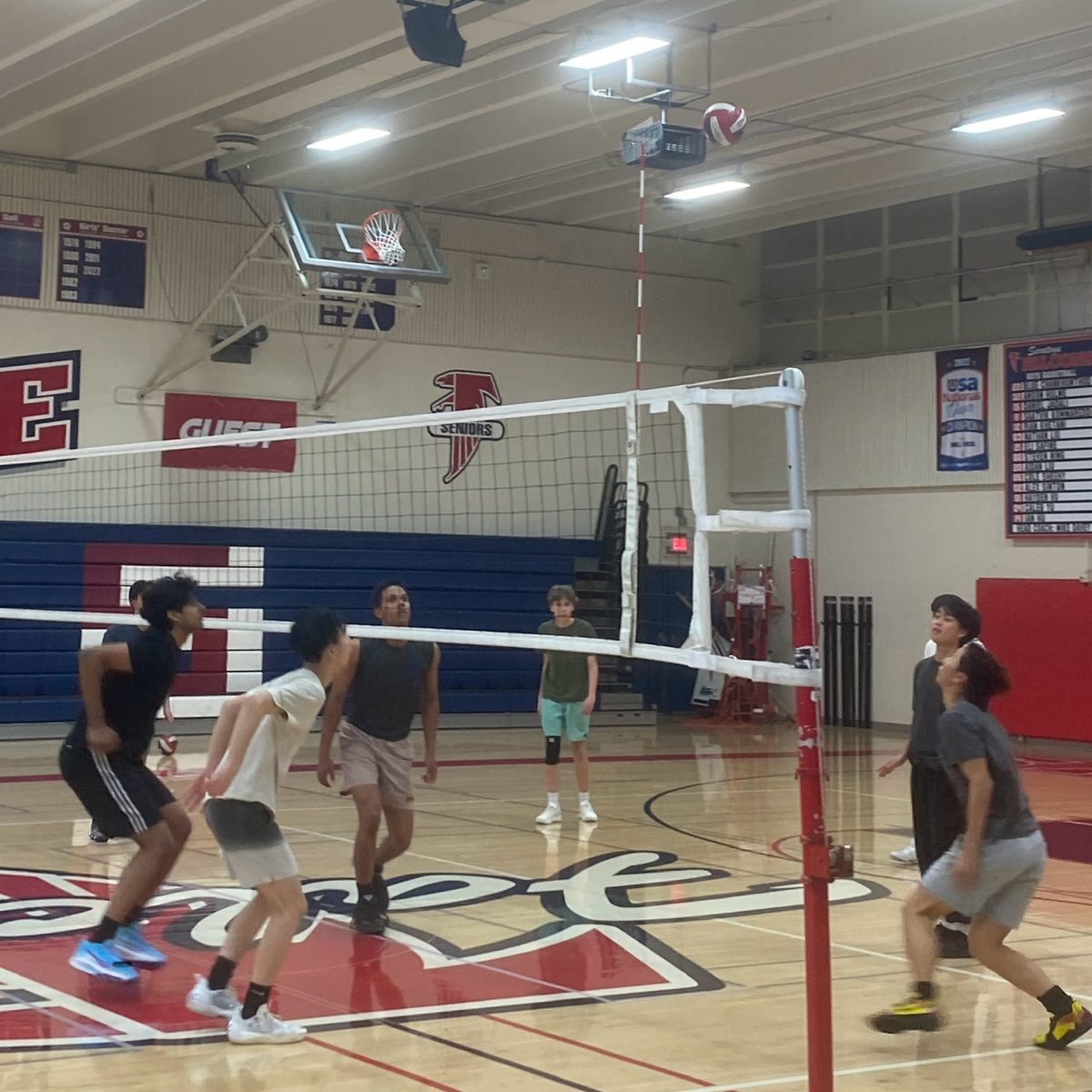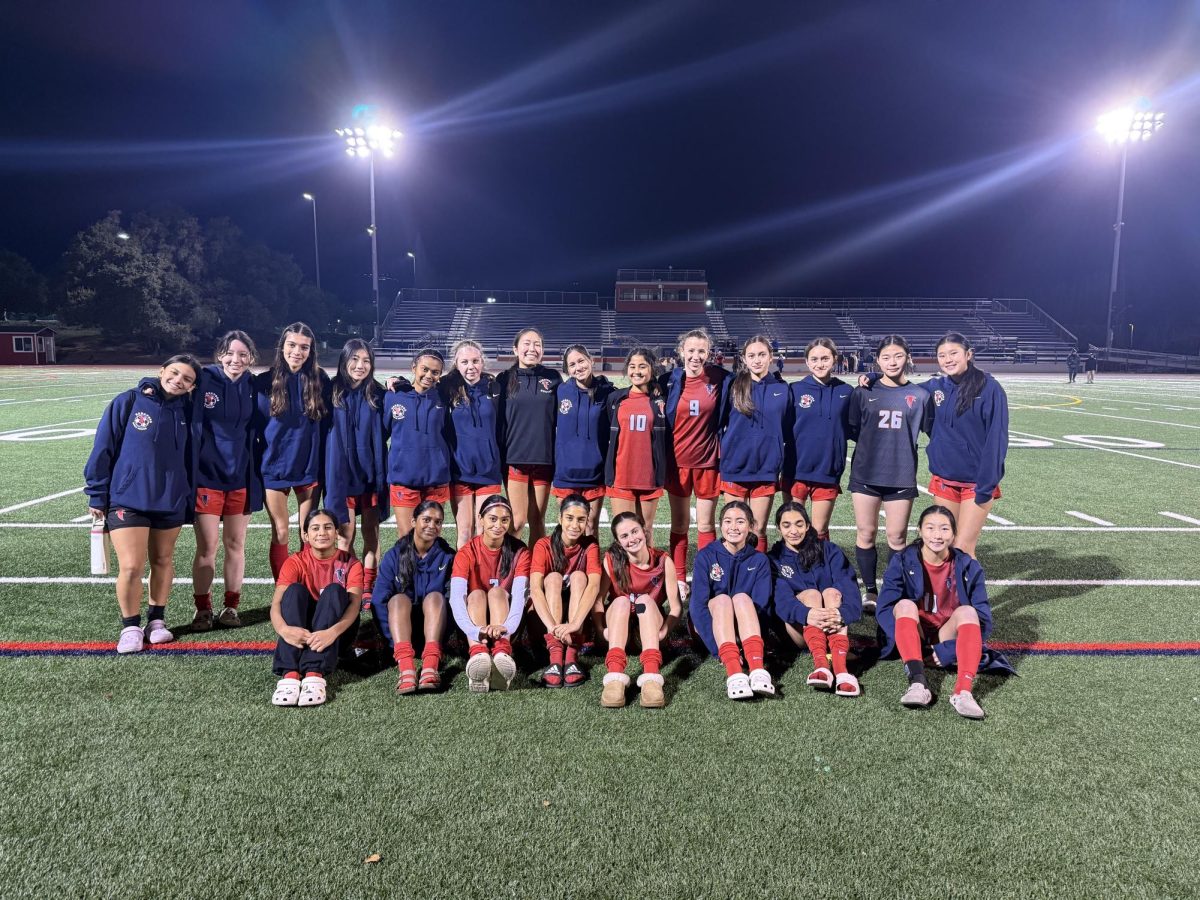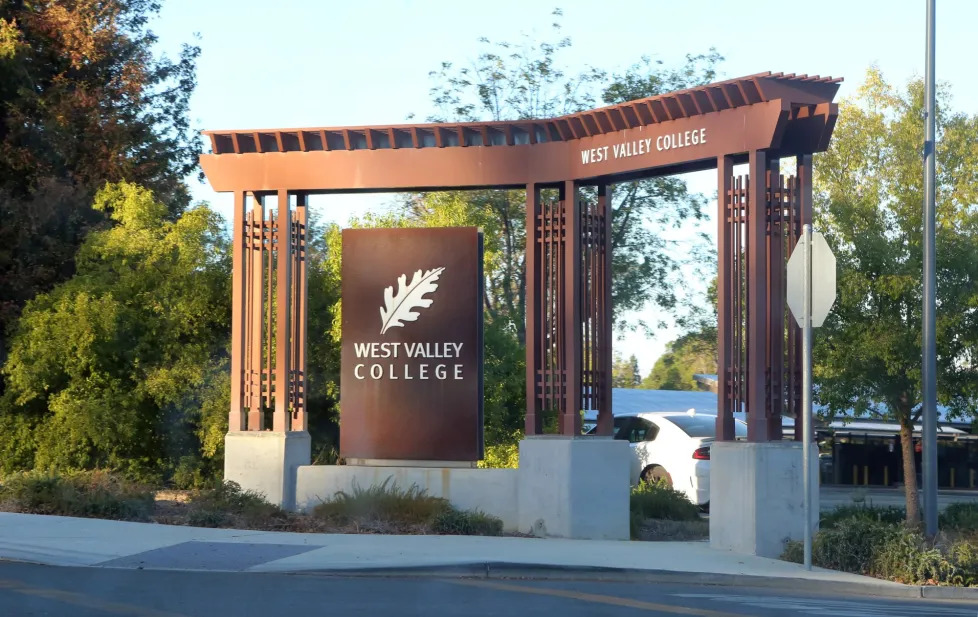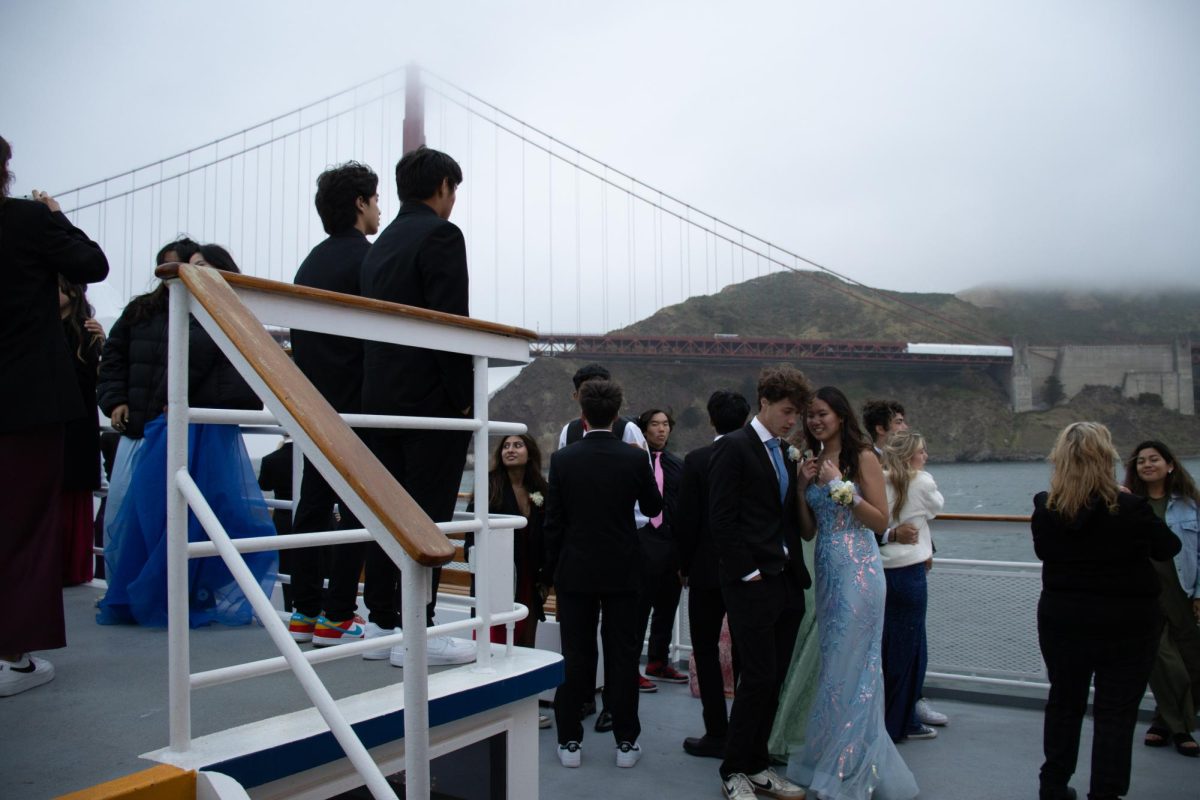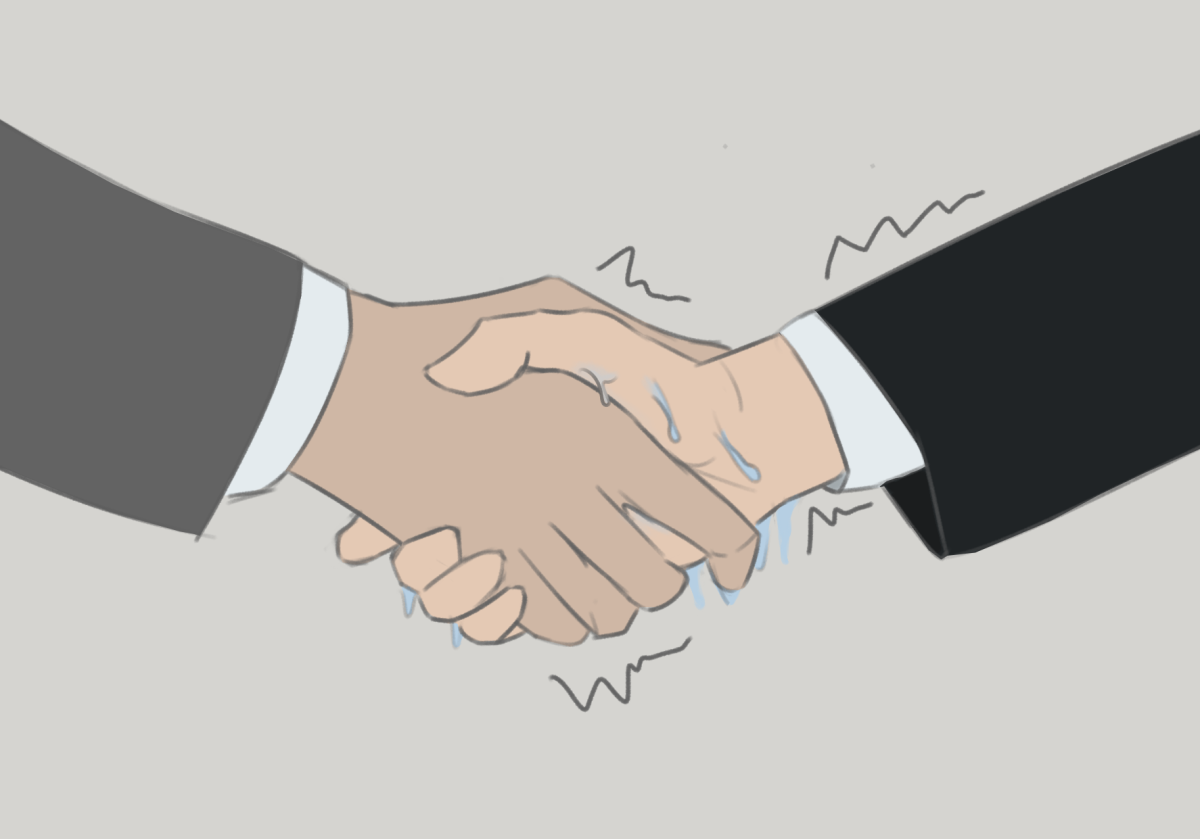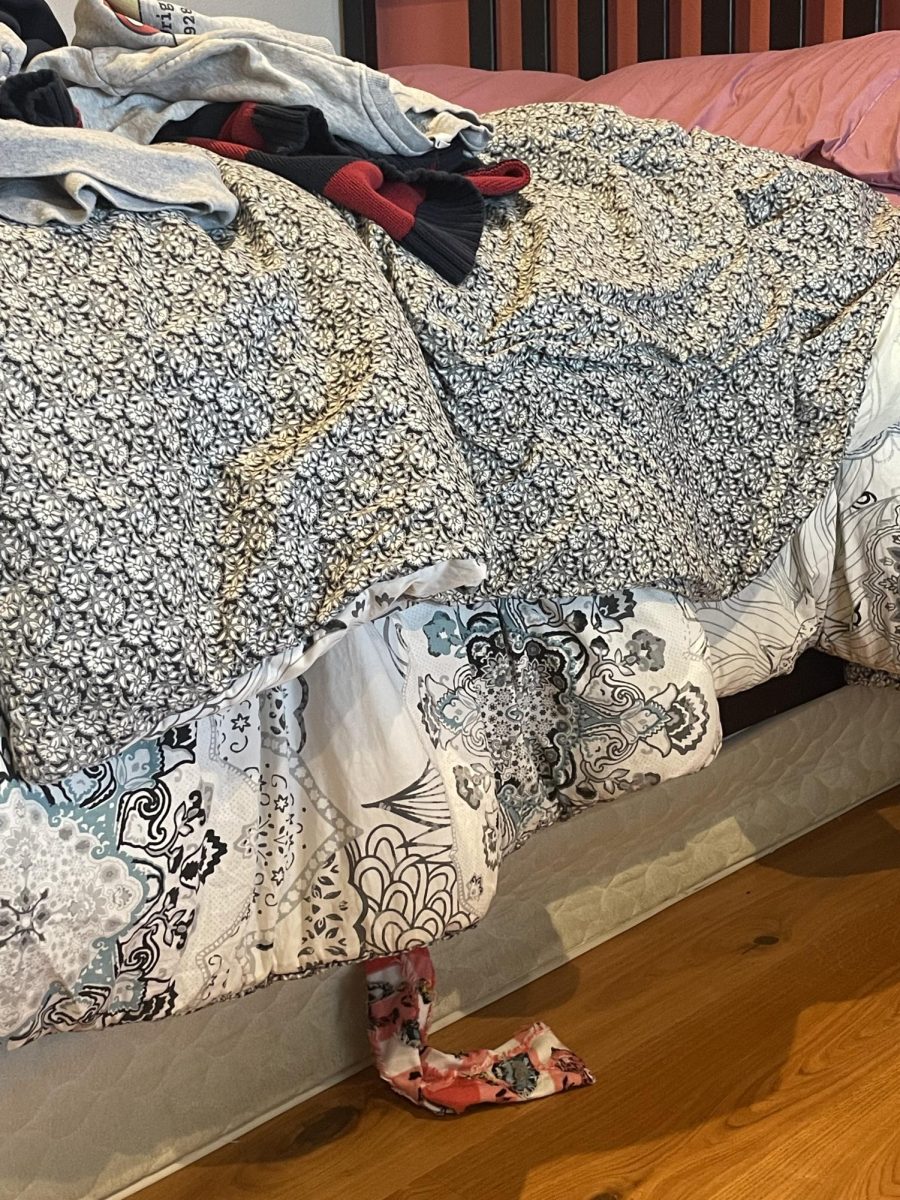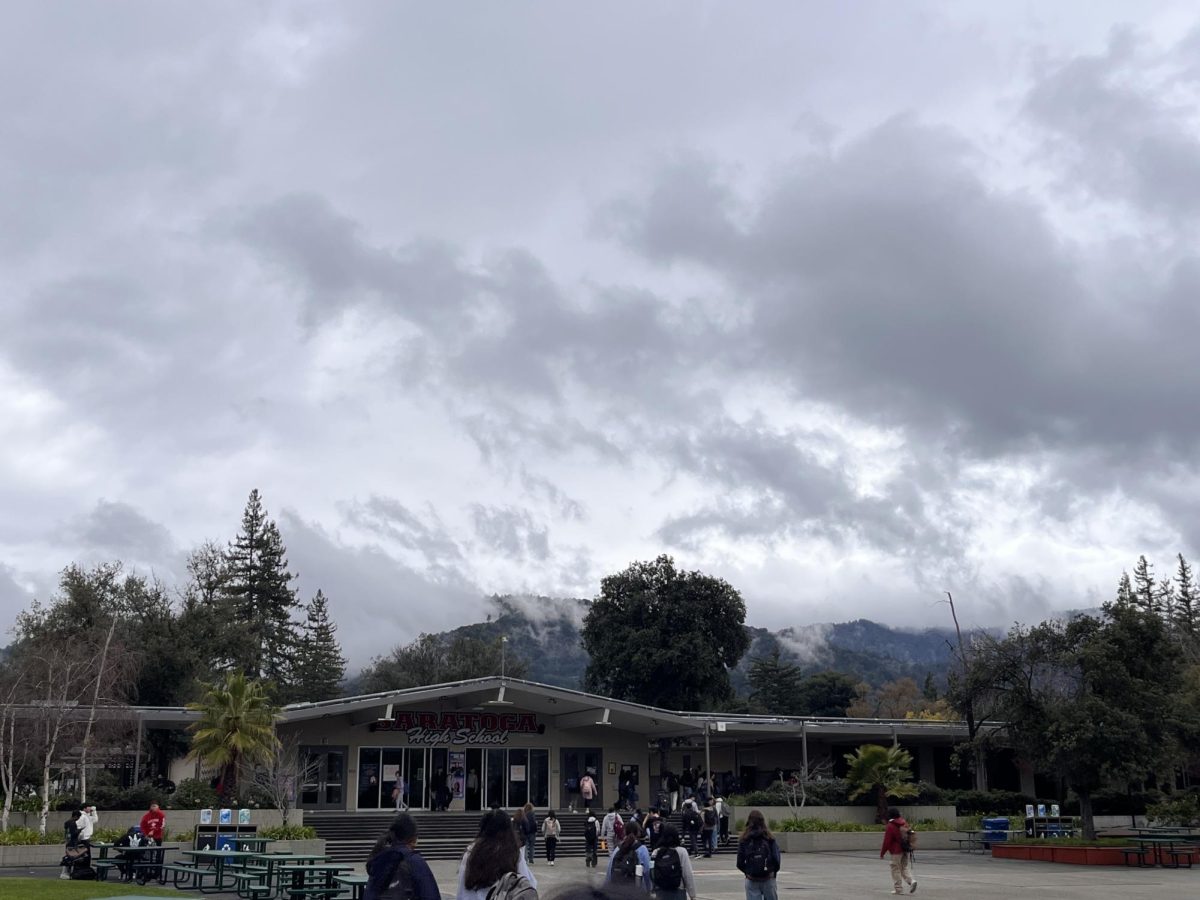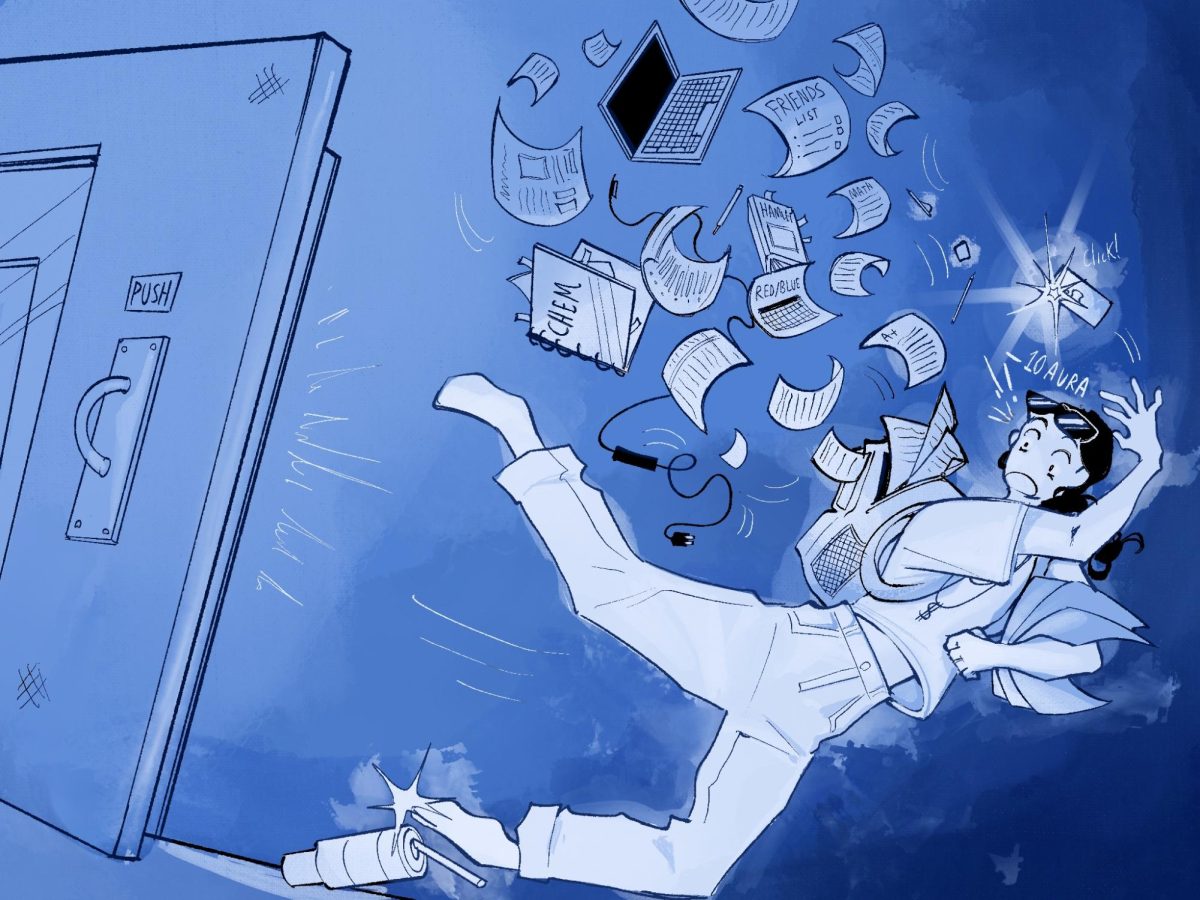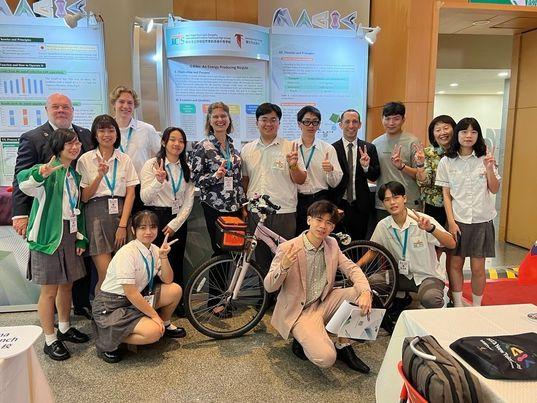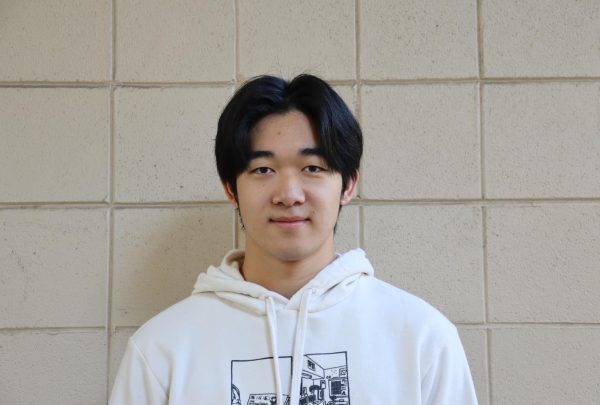As senior Eric Norris and his team stepped up the stairs of the stage in front of hundreds of students and teachers on Oct. 24, a wave of adrenaline hit him. He was nervous, but at the same time excited to present the progress of developments his team has made on their project for the Multi-Action Green International Carbon Neutral (MAGIC) Youth Forum conference in New Taipei City.
Superintendent Bill Sanderson, district board president Katherine Tseng, STEM teachers Audrey Warmuth and Matthew Welander, and seniors Naomi Hsieh, Owen Liang and Norris flew to Taiwan on Oct. 21 for the week-long conference.
The conference’s purpose was to create an international platform for students and educators to exchange ideas, compare educational systems and collaborate to develop environmentally sustainable projects to help combat climate change. Over 100 students and teachers from countries across three continents, including Australia, France, Singapore, the United Kingdom and the U.S. attended the conference.
Groups of students from both the U.S. and Taiwan worked together to build a fully functional eco-friendly bike that tracks carbon emissions and generates electricity for phone batteries while riding.
In particular, Saratoga High students helped contribute to this project by developing a generative electricity system to encourage people to use bikes instead of cars, according to Norris. The students designed a generator that could be mounted on the bike frame, and produce electricity to charge phones while riding. The group developed the idea of a self-powered bike earlier this spring, starting with a list of brainstormed ideas to create the perfect project for the conference and the environment, he said.
Other groups of students focused on different aspects of the project. For example, a group of students from Taiwan developed an app that could track how far you are riding, and how much carbon you save by biking. Another group of students worked on regenerative brakes for the bikes — when braking, electricity is generated by the still-spinning mechanism of the bike.
In addition to the bike project, various eco-friendly projects were presented at the conference throughout the 7-day period, such as masks with interchangeable filters and marble runs that help generate electricity.
“One team created a marble machine, where a marble travels along a set path with many different technological components,” physics teacher Matthew Welander said. “It was a big system, and a lot of laser cutting for each component had to have been used.”
In addition to the bike project, various eco-friendly projects were presented at the conference throughout the 7-day period, such as masks with interchangeable filters and marble runs that help generate electricity.
Ultimately, Norris said the conference produced a lot of new ideas that have a chance to better the environment in the future. Both Saratoga High students and Jhangshu International Creative Technical High School (JICTS) students gained new experiences and shared their cultures.
During their free time, groups also went biking and hiking with each other throughout Taiwan to create a team bond that would help them with production. They discussed the similarities and differences between their school systems and lifestyles.
Norris noted a major difference between education systems in the U.S. and Taiwan was that JICTS implements a vocational style of education, a specialization track system. Students focus on a certain field that they are interested in for the majority of their high school years and continue to pursue it in their higher education.
“Students at SHS take AP Computer Science and an optional elective, but in Taiwan, they are full CS students,” Norris said. “It’s a lot like being in college where there are majors.”
From a teacher’s perspective, Welander observed the differences with teacher tasks between Taiwan and the U.S. The only similarity with their jobs is the actual teaching.
“I noticed that the teachers in Taiwan do a lot of administrative work and spend less time on their teaching,” Welander said. “The teaching staff seems to be responsible for counseling and scheduling students for classes too.”
In addition, bonding activities such as riding bikes along trails allowed students to fully enjoy their time in Taiwan, away from the stress of academics.
“I learned a lot about international collaboration and Taiwanese culture, and I’m so grateful for the opportunity,” Norris said. “The friendliness of the people in Taiwan was stunning. When I received farewell gifts, their effort and thoughts were so clear.”

